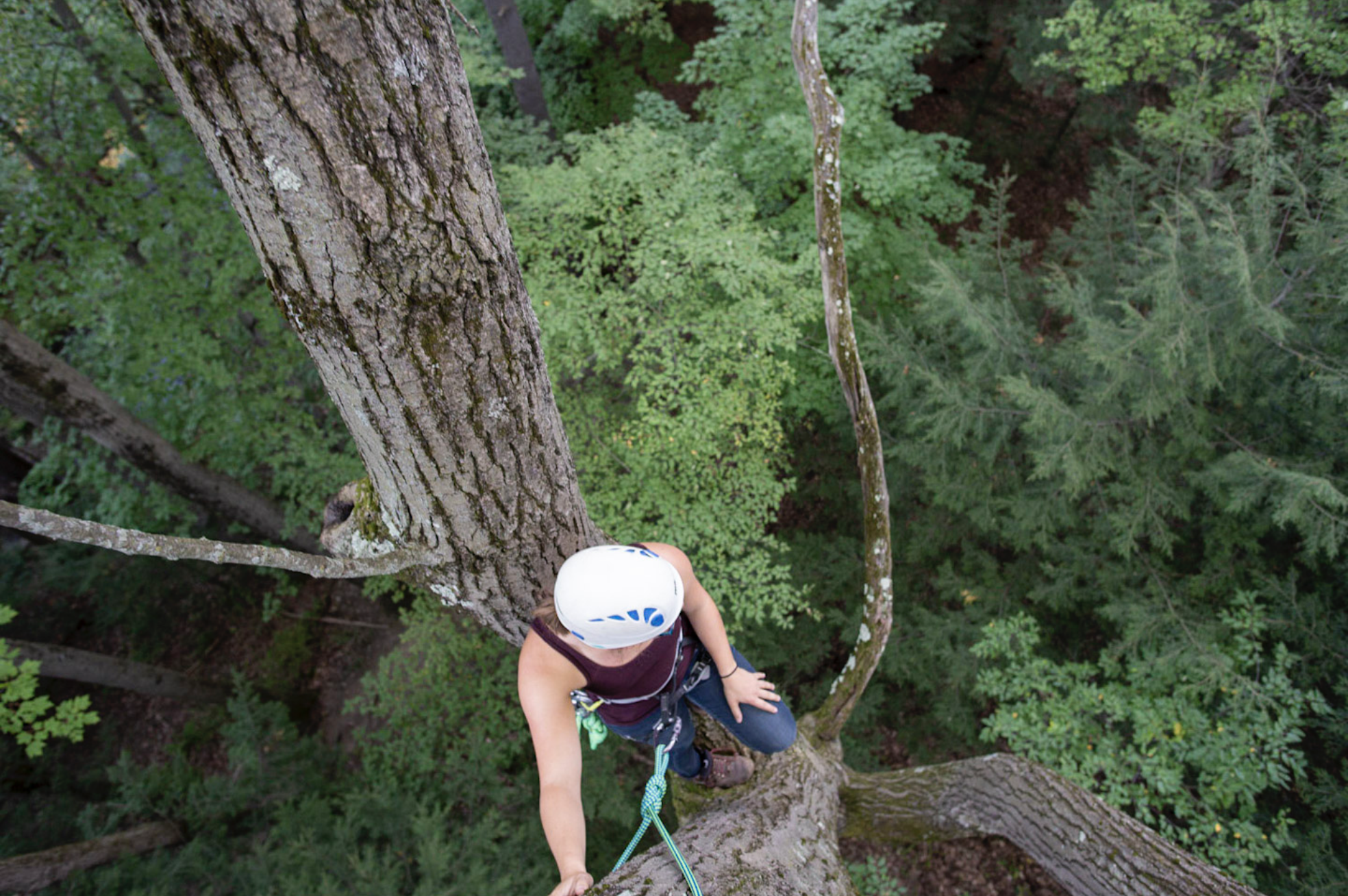Field Naturalist Graduate Program
Since 2018, I've had the pleasure to serve on the faculty in the University of Vermont's Field Naturalist graduate program, teaching Professional Writing. It's a two-year sequence—of four one-credit courses—that extends from the students’ first weeks in the program until graduation. (The courses are PBIO 6330, 6340, 6350, 6360 if you really want to get into the administrative weeds!)
“Professional” carries a useful double meaning: it’s the mark of market-ready excellence and refinement in a one’s paid occupation. And its older meaning—of “affirming one’s faith and allegiance”—calls on people to speak their truth with passion and risk. This series of courses aspires to advance students’ skill and insight in both capacities.
Successful Field Naturalists require an awareness of complex and interwoven subjects, from land use policy to laboratory discoveries; modern molecular science to deep traditions of natural history; field techniques to wilderness ethics; lyrical nature writing to technical journal articles in botany and other biological sciences
Our program director likes to say that Field Naturalists aren't really generalists—they're specialists in integration.
I work to help them write well about all this—to develop tools and a voice-on-the-page that achieves and supports this integration.
Their assignments range from climbing trees to writing press releases. Along the way, they direct, organize, design and write a magazine, Field Notes, an annual print and online publication of the program. FN students have been putting Field Notes out into the world since near the beginning of the program in 1983. You can check out back issues here.
I had the delight to be the program’s graduation speaker in both 2020 and 2022. Like, the students asked me to! It was fun and a profound honor. You can read edited versions of my 2020 remarks here; they’re meditations, in part, about my hopes for what the FN’s will go forth to do.
The integrative science mission of the FN program is deeply important—and the students are wonderful.
Environmental Journalism
From 2006 to 2018, I taught an undergraduate course on Environmental Journalism as a part-time lecturer in UVM's Environmental Program in the Rubenstein School of Environment and Natural Resources.
Other Teaching Experience
In the winter of 2018, I had a great time working with the graduate students in Paul Bierman's course, Critical Writing in Earth & Environmental Sciences. Paul and I spent three sessions with the students, practicing their press release writing skills, putting them in front of a microphone to practice interviews, and then making a trip to Vermont Public Radio, where Vermont Edition host Jane Lindholm gave them each five-minute interviews to tape (but not broadcast...yet!). I wrote this story about the outing to VPR.
I love UVM's growing Reporting and Documentary Storytelling program. I'm cheering them on from the sidelines as an associated lecturer and hope to teach a course there one day. How about "Writing about Science"? Let me know if this of interest or just shoot a note to Richard Watts.
In 2016 and 2017, I was a co-instructor in a course called Storytelling and Communicating for Change, as part of UVM's innovative Master's in Leadership for Sustainability Program. I had a small part, but it was a pleasure coaching a group of gifted graduate students on their writing projects.
In 2005, I taught Print Journalism in the Professional Writing Program at Champlain College.
From 1992-1996, I taught two courses, Literature and the Land and US History, in a boarding school program for high school juniors, the Maine Coast Semester, run by the Chewonki Foundation in Wiscasset, ME.


